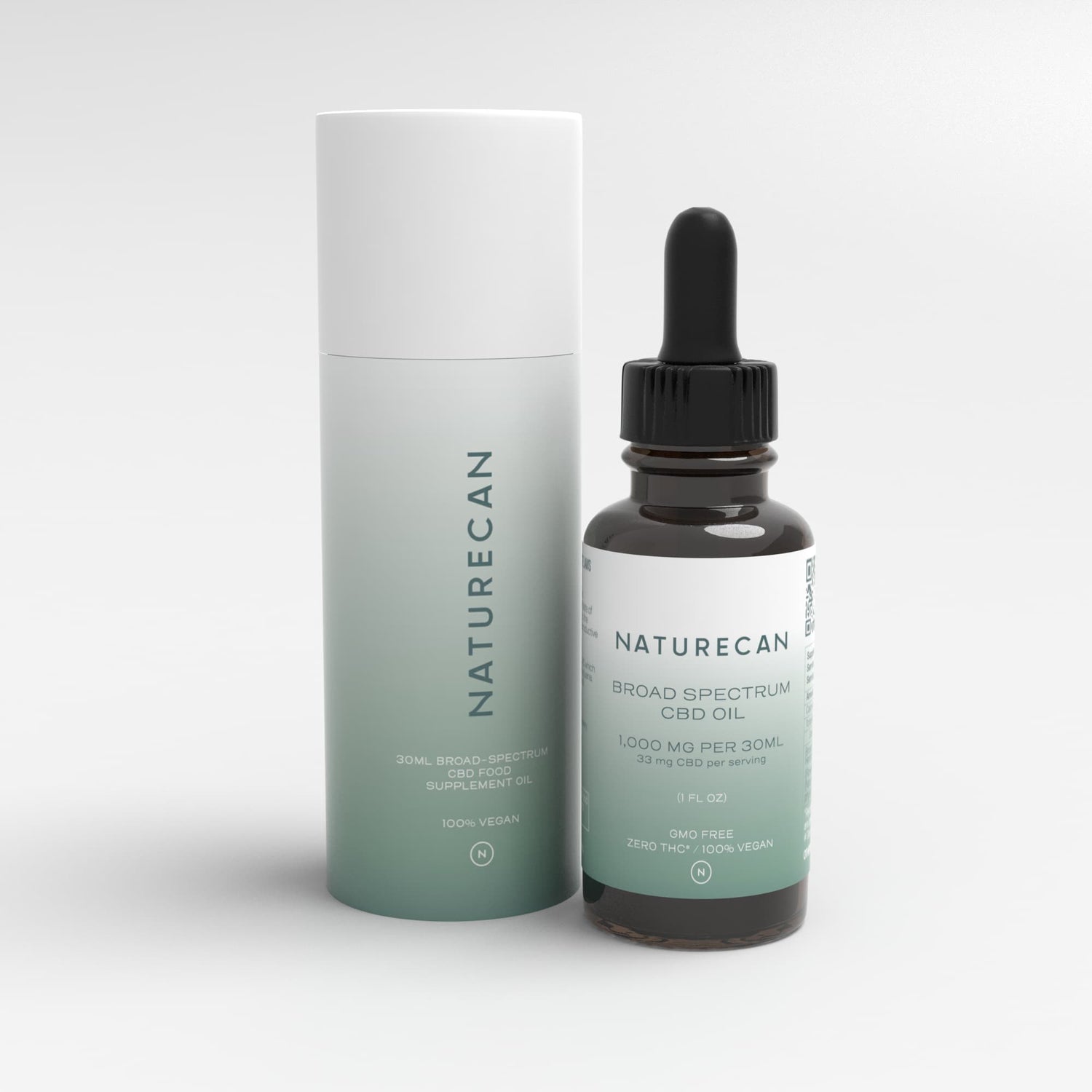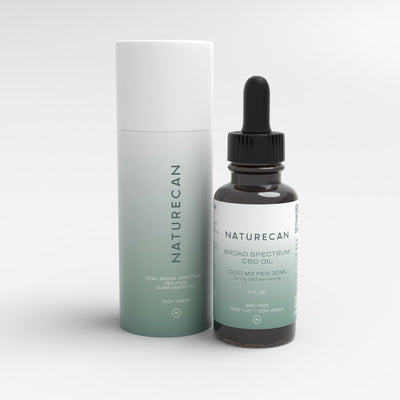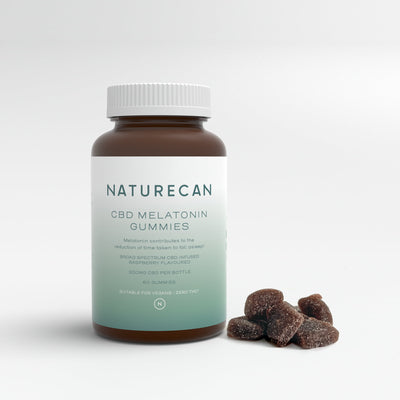IS CBD SAFE FOR YOUR PETS?
Across the US, UK, and most of Europe, CBD is seen as a natural, safe, and effective way to deal with many ailments. Now the question is being asked, can this miracle extract help our furry best friends, too?
Well, as research continues to emerge at an ever-increasing rate, it’s believed that CBD can work on pets in the same way it works on us. All mammals have an endocannabinoid system that continually works within the body to maintain a natural balance, and in turn ensure that a number of essential psychological and physiological functions are working effectively. This can affect mood, sleep, appetite and even pain control. And this means that, yes, biologically CBD will work the same for animals as it does for us.
Dealing with animal issues
Similarly to humans, animals are affected by certain health conditions, including arthritis, that cause regular debilitating pain. Pets, especially dogs, also suffer from psychological issues such as fear and anxiety when left alone or when coming into contact with specific situations such as the loud firework displays of Bonfire Night and New Year’s Eve. Finding a way to alleviate this stress is at the top of many owners’ priority list, and although it’s now growing in popularity, is there any actual evidence to support the use of CBD in these instances?
When it comes to expert approval, Mark Vedino, Chief of Veterinary Staff at North Shore Animal League in America, where treating animals with CBD has been commonplace for a number of years, states they “seem to be less reactive to low-level pain stimuli, for example arthritis and things like that, when they take the product”. The doctor also shared that he uses CBD for his own ageing dog, which he noted can get scared or startled at noise in the evenings, and it seems to relax him. He said: “At night time when the lights are dimmed down, it’s dark out, they don’t see it well in the dark, and he gets a little spooked. And when I give him the CBD, he seems to just go to sleep.”
This open stance is echoed by a number of experts, with research several official studies being undertaken, with from 2018 1 specifically looking to assess safety, anti-inflammatory properties, and anti-pain properties of a CBD oil in dogs with osteoarthritis. Researchers gave dogs doses of 2 or 8 milligrams (mg) per kilogram (kg) of body weight. 80% of the dogs showed improvement in their pain and mobility, as measured by two veterinary resources — the canine brief pain inventory and the Hudson activity scale.

Another small study published in 20192 found that epileptic dogs given CBD in addition to seizure medication had significantly fewer seizures than those that received seizure medication and a placebo. So, while CBD research related to domesticated animals such as cats and dogs is still very much in its early stages, the sets of data that have been collected point to a positive benefit of CBD use.
WHICH PRODUCT SHOULD YOU CHOOSE?
There are products specifically made for dogs, cats and other pets, but there is actually no difference in terms of the CBD in the product itself. This is simply down to packaging and marketing, so make sure you don’t pay over the odds for a seemingly unique product. The focus instead, as with our own CBD usage, should be choosing a quality product. That includes always double-checking the ingredients list as certain inclusions, such as the sweetener Xylitol (which can be found in a number of lower-quality CBD brands’ gummies), can be potentially poisonous to your pets.
In the majority of cases, oils are most likely to be the best way to administer CBD to your pets. There’s no need to try and get them to eat or swallow anything unusual, or make them sit still while you apply cream or gels. With oil, you simply add the desired drop straight into their mouths, and the CBD gets to work. It’s also much simpler to establish and manage a bespoke dosage, especially when starting out and being unsure of what the effects will be.

GETTING THE DOSAGE RIGHT
This is the most important thing concerning your pet and CBD. Whether using oils or opting for another product, be sure to pay extra attention to dosage. The time you’re most likely to encounter any negative effects at all is simply by giving them too much. But don’t worry, CBD is completely natural and non-toxic so will not hurt your animal, instead simply causing unwanted side effects such as diarrhea or lethargy. The good news is that if this ever does happen, the effects are only ever temporary.
To help avoid any issues, here’s some basic dosage guidance to get you started:
LOW TIER = 0.05mg CBD x 0.5kg of body weight
MID TIER = 0.125mg CBD x 0.5kg of body weight
STRONG TIER = 0.25mg CBD x 0.5kg of body weight

To deliver regular treatment, the dose should be given twice a day. However, some pets could react better to a single dose, so just keep a close watch when first administering CBD and monitor their reaction. We recommend, if possible, you keep the dosage regular and to mornings and evenings. And if you’re still uncertain about medicating your animal, it’s always best to talk with your vet about a pet’s specific issues to discuss potential solutions, including tailored CBD dosage and other recommendations.
CHOOSE WISELY
Although CBD products are not labelled for pets, in most cases, they are absolutely safe for to be consumed by your favourite furry friend. They can even bring the same range of positive health benefits we enjoy every day, too. This can increase the quality of life for your animals at home, so with careful dosage it’s something you should definitely try.
As with us humans, quality control is key. With the CBD market still relatively unregulated, a large number of CBD products can contain ingredients and allergens not listed on their labels, as well as poor-quality CBD. The damage here can range from a waste of money to a seriously poorly pet. Always choose a reputable brand, and a product that can guarantee its quality and ingredients via third-party testing.
Sources:
https://www.ncbi.nlm.nih.gov/pubmed/31067185/
https://www.huffpost.com/entry/cbd-oil-dogs-pros-cons/
https://www.innovetpet.com/blogs/hemp/is-human-cbd-oil-safe-for-dogs/





